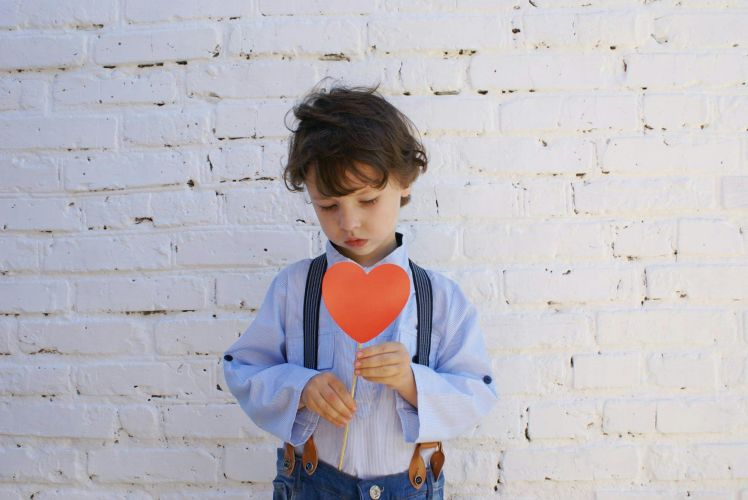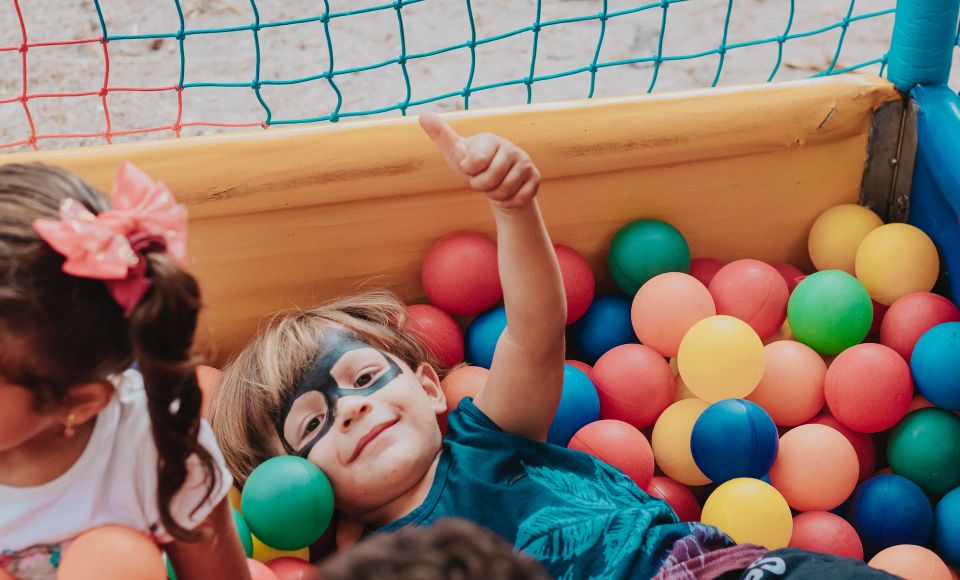
Children’s Mental Health
Children’s mental health is a topic that we are all discussing right now with Children’s Mental Health Week just around the corner as well as the impact that the current lockdown is having on the nation’s children.
Helping children deal with their emotions at any time is so important but even more so during the current climate. Everything these children know and love has been taken away from them and it can be hard to explain to some of them why these things have had to happen. It is important that we listen to what they have to say and take notice of any changes in their behaviour – their mental health could be more impacted by events going on around them than you realise.
There are many ways we can help our children deal with their emotions but why do our bodies react in the way that they do? Our brain and nervous system are there to control our bodily functions – the brain is basically a ‘super computer’ which controls these functions and our nervous system is the ‘network’ which sends messages from the brain to different parts of the body. Likewise, the nervous system feeds back to the brain. If a threatening situation occurs or our body feels stressed, then this will be fed back to the brain and it will react in accordance.
With early childhood being such a critical time period in a child’s life, it is important that we help children learn to self regulate when it comes to things such as stress and trauma. Everyone goes through stress and we all have ways to deal with it but a child needs help to determine the stress they are facing and how to deal with it.
There are three types of stress in childhood, studies say- positive, tolerable and toxic. Positive is necessary and is what helps people to function completely even under threat. Tolerable means it can be slightly more intense but is usually over quickly and whilst not easily forgotten, usually easier to get over. Toxic stress is a stressful experience that is long and very intense and most children find this difficult to handle on their own. Prolonged exposure to this type of stress can lead to permanent emotional or developmental damage so it is vital children do not get to this point if avoidable. The brain is a very delicate organ and unwanted toxic stress can potentially do untold damage.
To deal with these stressors, many children have developed the skill of self regulation. Self regulation is the ability to manage our emotions and behaviour to suit the situation. Many children will struggle with this in their earlier years but will usually develop the ability over time. As adults, it is also our responsibility to help children who haven’t yet developed these skills at the normal age. Self regulation means resisting highly emotional reactions – a younger child may have a massive tantrum in a certain situation whereas an older child will avoid having one.
As well as teaching self regulation, what else can we do to help children deal with those big emotions that come their way?
Let Them Talk About Their Feelings
Make sure your child knows that they can come and talk to you about what they’re feeling, no matter what it is. Use easier words for younger children such as happy or sad but as the children get older, use more difficult words that describe the situation better – anxious, irritated or disappointed are a few that could be used. Listen to what they have to say and work out how you can alleviate their fears.
Work Out What Is Causing Their Emotions
Sometimes it can be difficult to pinpoint exactly what is causing these emotional outbursts so it is important to identify the root cause. It may be something simple that no one has considered but once you know, it can be dealt with in the relevant manner.
Talk About Mental Health
For many years, mental health was such a taboo subject but it is now a topic that is talked about often. That being said, we can always do more to talk about it and raise awareness of it, especially when it comes to the nation’s children. By teaching them about mental health and what signs to look for, it may just help a child who didn’t know what was happening to them and were too scared to ask for support.
Teach Them How To Cope
As well as teaching children the ability to self regulate, there are also other ways you can help them to cope in negative mental health situations. By developing a bank of coping skills, they will find it easier to identify something that may trigger them and can remove themselves from the situation before it gets too much.
Be There For Them Emotionally
It is one thing for an adult to listen to what a child has to say but another to be there in an emotional sense. Letting them know how proud you are, showing them affection and acknowledging how they feel is a great way to show that you support them and lets them know that you know what they are going through.
Let Them Express Themselves
Children’s Mental Health Week itself has a theme for 2021 which is Express Yourself. Letting children express themselves through the medium of art, writing, dance or photography, among other creative ideas, is a great way to get them to share their feelings without directly coming out and saying what they are feeling. It is a great way for somebody to show who they are and what they think of the world around them.
It is so important to give our children the time they need and help them to identify any problems with their mental health at the earliest opportunity to avoid potential problems. By talking, expressing and even developing coping skills, children will be better equipped to deal with the hands life deals them.
Do you enjoy learning about child development, take a look at our range of courses designed for childcare professionals, parents and guardians.



